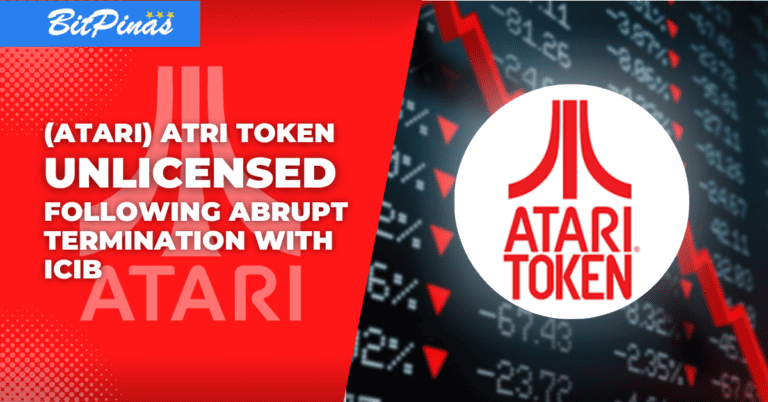The BSP Warns the Public Anew with New Advisory on Cryptocurrencies
One key highlight is their advice against pyramid schemes disguised as ICOs or those using bitcoin as a front for scams.

The Philippine Central Bank has released a new advisory with regards to the use of cryptocurrency in the country. Among other things, one key highlight is their advice against pyramid schemes disguised as ICOs or those using bitcoin as a front for scams.

New BSP Advisory
Cryptocurrency Pyramid Schemes
The BSP has observed that an increasing number of people are tempted to invest in Initial Coin Offerings and Bitcoin-related investments. It is advising extreme caution over these offerings as, it noted, cryptocurrencies are not backed by any commodity and the value of the coin is highly dependent on market demand and supply.
- Read More: Xian Gaza and his Bitcoin Expose
As such, the BSP encourages individuals to only use BSP-registered Virtual Currency Exchanges. At the present, we have 2 in the Philippines – Coins.ph and SCI Ventures’ Rebittance Inc.
Security Considerations for Cryptocurrency Holders
The BSP also shared some sound advice on how to keep your bitcoins and other cryptocurrencies safe.
- Set up a dedicated email account and unique usernames for all your virtual currency investments. The BSP recommends not using what you use in accounts you publicly use, such as your main email and social media usernames.
- Secure that email with a very strong password. We at BitPinas also stress this enough to the readers of this site. 1234 will not get you anywhere, even your birthday as a password won’t do.
- Make sure you are secure when browsing the internet.
- Public WiFis are highly vulnerable so we also advise that you do not use it to access your cryptocurrency wallet.
- Avoid downloading pirated software. They might contain viruses that will corrupt your desktop wallets if you have one. (Read More: Beware of Pirated Software that Stores a Mining Malware on your Computer).
- Avoid clicking links from people you don’t know.
- Use multi-factor authentication. If you have an account in Bittrex or in Blockchain.info, then you know about this already. Basically, there’s an app (like Google Authenticator) where there’s a special code that you have to input every time you log into your wallet.
- Diversify your wallet. We also stress this as something very important. Do not keep all your bitcoins/cryptocurrencies in just one wallet. If this wallet gets hacked, then all the coins you own is gone. We recommend keeping a hot wallet (a wallet you can access with convenience via a mobile app and a browser) which you can use for transactions, and a cold wallet (like hardware wallets and paper wallets).
The BSP and Bitcoin
This is not the first time that the Bangko Sentral ng Pilipinas commented on bitcoins and cryptocurrencies. It was in 2014 when they released a guideline advising Filipinos against bitcoin. However, in February 2017, the BSP softened its position against cryptocurrencies and recommended measures that will address the risk associated with virtual currencies. Among what was discussed are measures to ensure the Anti Money Laundering Law is practiced by virtual exchanges and consumer protection.
Still, while the BSP is engaging with cryptocurrencies, it is firm in stating that it does not endorse cryptocurrencies as a legal tender, store of value, or an investment vehicle.





